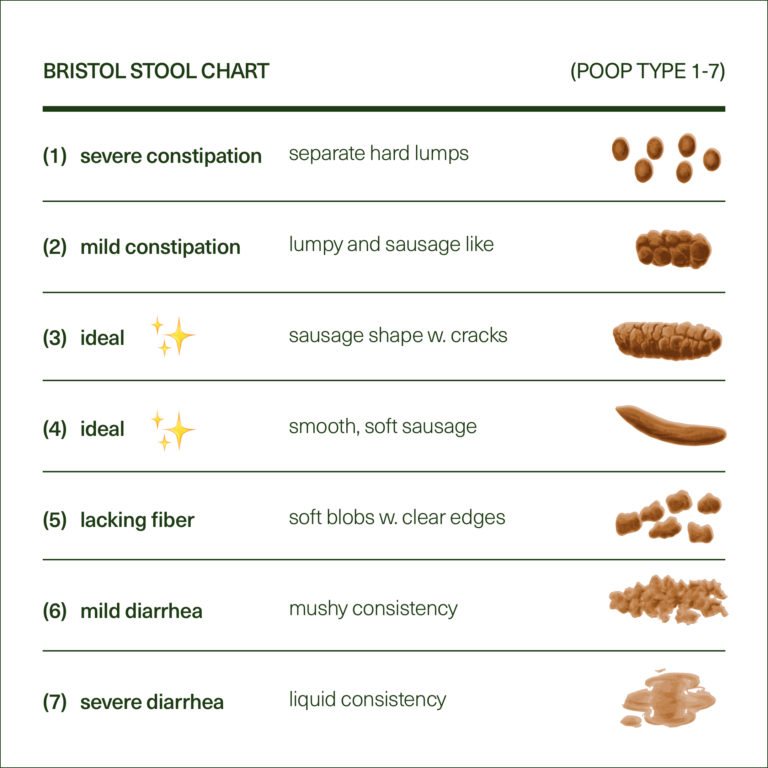Why You Need to Poop Every Day (and What to Do If You’re Not)
Catherine McLeod-Moya BSN, RN
As nurses, we get a little too excited about this topic.
The reason why is because, in acute settings, having our patients poop for the first time is a huge milestone! As nurse coaches, we are just as excited to discuss the importance of regular bowel movements with our clients.
We’ve heard it so many times during the intake process—our clients claim they don’t have any digestive issues. But, when we ask if they are pooping daily, they may say something like “oh no, I’ve always been constipated… sometimes I go a week without going to the bathroom”!
You may not have heard this from your doctor, but this is not normal!
Humans need to poop every day because this is how we get rid of waste and toxins from our bodies.
You can talk about detoxing all day, but if you’re not having daily bowel movements, you are not detoxing.
Detoxification comes in 3 phases. The first phase occurs in the liver, and involves the oxidation of harmful toxins to break them down into less harmful metabolites.
Phase two is called the “conjugation” phase, where the metabolites are converted into water-soluble molecules that can easily be excreted via the bile, urine, and stool.
The third phase involves actually excreting waste in the bile, urine, and stool. This key phase is all about elimination, which is why it’s so important to get those bowels moving so that the waste isn’t just sitting in your colon for days.
Normal bowel movements look like:
Daily frequency
1-3 movements per day
Formed and soft
Brown-ish
Not painful, no straining
Spending less than 5 minutes on the toilet
No blood, no mucus
Slight odor, but not foul-smelling
Reference Seed
According to the chart, we want to see types 3 and 5. Anything else points to a potential issue.
What are some steps you can take to start moving your bowels regularly?
Get enough fiber in your diet (veggies and starches count)
Drink enough water-- aim for half your body weight in ounces (and don’t forget the electrolytes)!
Eat fermented foods, such as sauerkraut, kimchi, or yogurt kefir.
Take a probiotic.
Consume prebiotic-rich foods (cue the garlic and onions)
Take a magnesium supplement. Our bodies need magnesium for a multitude of functions, including moving the bowels.
Handle your stress. Often, constipation is a symptom of unresolved stress in our lives. In order to poop, our parasympathetic nervous system needs to be activated. Magnesium is a helpful stress reduction tool as well.
Heal your gut! Start by avoiding foods that cause inflammation, e.g. alcohol, rancid oils, sugar.
If you’re having bad gastrointestinal symptoms, signs of high estrogen, skin issues, or brain fog, you may have a gut issue.
To get to the root of it, our health coaches work with you to create a customized protocol to help you address any underlying issues.
Catherine is a Registered Nurse and hhc Holistic Health Coach. Her mission is to provide holistic health education and coaching services to women and new moms seeking hormone balance in the postpartum period and beyond.


